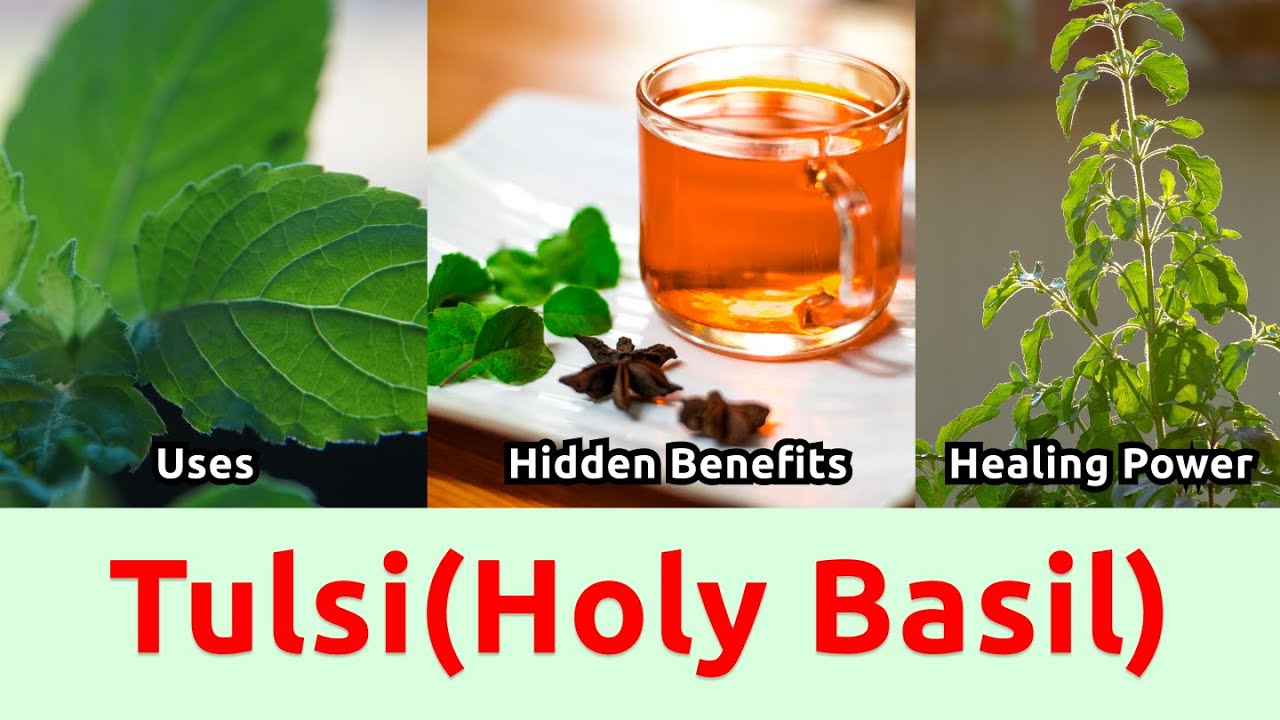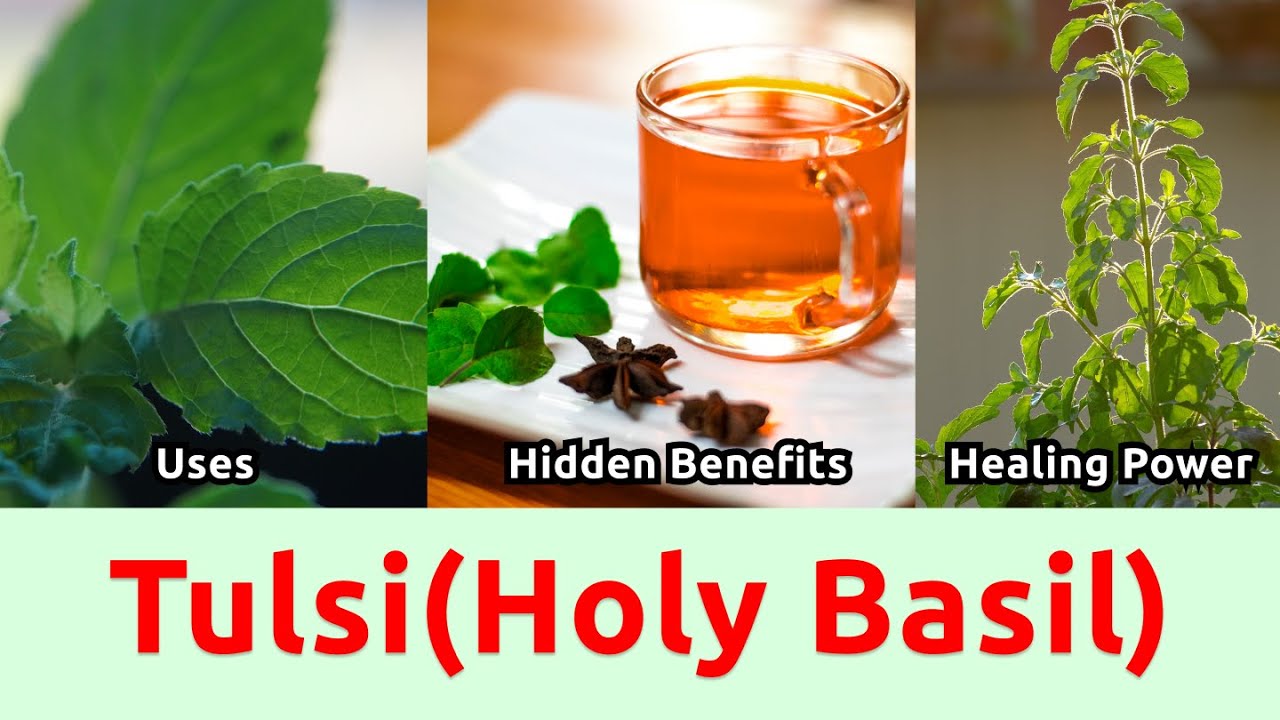
Tulsi, also known as Holy Basil, is revered in many cultures for its profound healing properties and spiritual significance. Often found in household gardens in India and used in various traditional medicines, Tulsi is not just a herb but a cornerstone of holistic wellness practices. Here’s a deep dive into the uses and benefits of Tulsi, along with how you can incorporate it into your daily life.
What is Tulsi? Tulsi (Ocimum sanctum) is a member of the mint family and is closely related to culinary basil but has a distinct, peppery flavor. It is considered a sacred plant in Hinduism and is worshiped as an avatar of the goddess Lakshmi.
Health Benefits of Tulsi:
- Reduces Stress and Anxiety: Tulsi is classified as an adaptogen, a natural substance that helps your body adapt to stress and promotes mental balance.
- Antioxidant Properties: It contains powerful antioxidants that protect the body from toxins and help fight free radical damage, which can prevent premature aging and improve overall health.
- Supports Respiratory Health: Tulsi is beneficial in treating respiratory ailments. It helps in relieving coughs, colds, and other respiratory disorders including bronchitis and asthma.
- Boosts Immunity: With its infection-fighting properties, Tulsi can boost the immune system and can be particularly helpful during the cold and flu season.
- Heart Health: Tulsi may mitigate cardiovascular disease risks by lowering blood cholesterol levels, controlling blood pressure, and reducing the risk of stroke.
- Anti-Cancer Properties: Certain phytochemicals found in Tulsi have been shown to have potential anti-cancer properties, helping to prevent skin, liver, oral, and lung cancers.
- Supports Digestive Health: Tulsi stimulates the stomach to produce more mucous and also has anti-ulcer properties and reduces the effects of gastric acids, making it an excellent remedy for digestive issues.
- Diabetes Management: Tulsi can help regulate blood sugar levels and is beneficial for individuals dealing with diabetes.
- Dental Care: Due to its antimicrobial properties, Tulsi is used in oral care to prevent bad breath, cavities, plaque, and various oral diseases.
- Skin Care: When used in skincare, Tulsi can treat acne and eczema, lighten scars and marks, and improve skin tone.
How to Use Tulsi:
- Tea: Tulsi leaves are commonly steeped to make an aromatic tea which not only soothes the mind but also helps in various bodily functions.
- Fresh Leaves: You can chew fresh Tulsi leaves daily in the morning to maintain your dental health and strengthen your immune system.
- Essential Oil: Tulsi can also be used in the form of essential oil. Just a few drops in a diffuser can purify the air and create a calming atmosphere in your home.
Growing Tulsi: Tulsi can be easily grown in pots or backyard gardens. It requires sunlight and water regularly but is generally low-maintenance and hardy.
Conclusion: Tulsi or Holy Basil is a miraculous herb that offers numerous health benefits. Incorporating Tulsi into your daily regime can lead to significant health improvements, particularly in terms of respiratory and immune function. Whether used for spiritual or health reasons, Tulsi remains one of the most versatile and beneficial herbs in holistic health practices.




